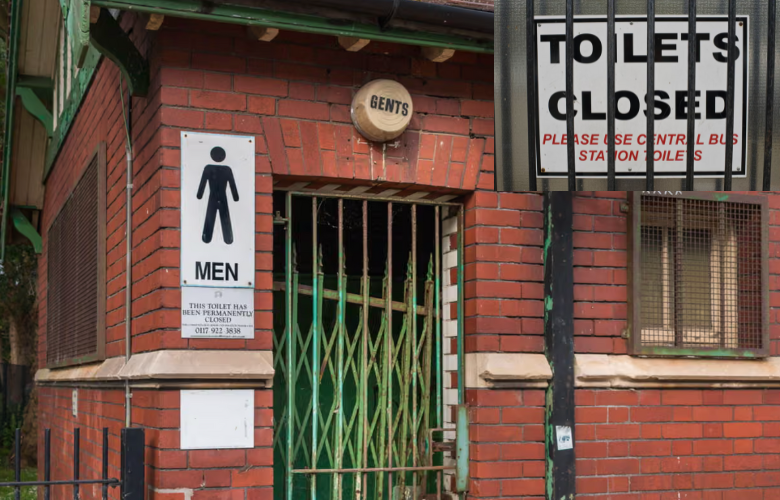Using public restrooms in Britain has become more than just inconvenient—it’s a growing public health and equality issue. With nearly half of all public toilets removed since the early 2000s, many citizens, including the elderly, disabled, and those with chronic conditions, are paying the price with limited mobility and reduced quality of life.
The Shrinking Landscape of Public Toilets in Britain
Raymond Martin, Managing Director of the British Toilet Association, vividly calls the decline a “crisis of convenience.” Since 2000, the UK has seen around a 50% reduction in public toilet facilities, driven by austerity measures, post-COVID closures, and cuts to local authority budgets.
‘I dream about toilets, I admit it’: the man on a mission to improve Britain’s loos - Emine Saner Source
Scotland reflects this decline acutely: between 2007 and 2024, the number of public lavatories dropped by 25%, and cities like Edinburgh now have around half the toilets they once did—just 14 left to serve over 5 million annual visitors.

Source: ‘It’s about helping people, health and wellbeing, equality’ … Raymond Martin in his company car. Photograph: Charles McQuillan/The Guardian
The Real Impact on Daily Life
The consequence? A growing number of Brits report living on a “urinary leash,” limiting outings to avoid shame or health emergencies. A staggering 74% say they lack enough public loos in their area. Royal Society for Public Health Some even resort to wearing out minimal fluid or avoiding medical needs just to stay safe from embarrassment. British Destinations
For many, particularly those with incontinence, disabilities, or other conditions requiring frequent bathroom access, public toilets are not a convenience but a necessity. Big Issue
Why Are Public Toilets Disappearing?
The closures trace back to multiple pressures: reduced local authority funding, increased operational costs, and lack of statutory obligation for councils to maintain facilities. The Guardian While community toilet schemes—where local businesses open their loos to the public—offer some relief, they're inconsistent and unable to compensate fully.
Solutions on the Horizon
Martin and advocacy groups are campaigning to make public toilets a statutory requirement, backed with government funding. They also suggest innovative models like integrating restrooms into coffee shops or community hubs to help subsidise maintenance costs.
Wales has led the way by requiring local authorities to develop annual public toilet strategies, though the UK as a whole lacks unified national mandates.
Public toilets are essential infrastructure—central to health, equality, and public life. Without them, entire communities face barriers to access and inclusion. But with dedicated advocacy, ambitious policy reform, and creative funding models, Britain can transform this hidden crisis into a wake-up call.
Until then, carrying portable hygiene solutions like LooREADY toilet seat covers can empower people to step outside without fear—because everyone deserves the dignity of a clean, safe toilet when nature calls.

